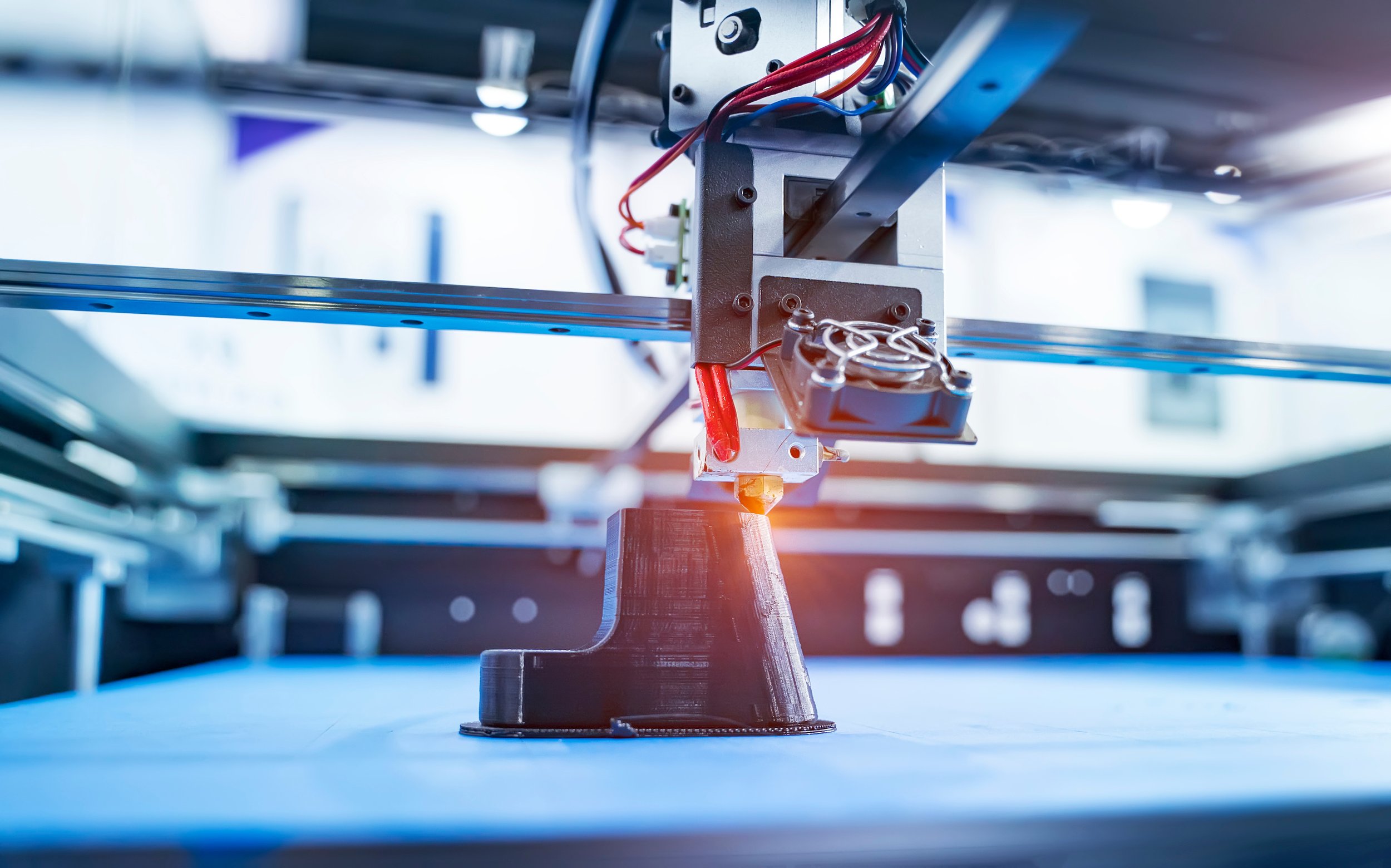
Fused Deposition Modeling (FDM)

Rapid Prototyping & Part Production with FDM Printers
Why Choose FDM 3D Printing?
Cost-effective: FDM is an affordable solution for rapid prototyping and low-volume part production.
Diverse Material Options: Choose from a wide range of materials, including PLA, ABS, PETG, CF Nylon, and more, to suit your specific project requirements.
Design Freedom: Create complex geometries, overhangs, and internal structures with ease.
Rapid Turnaround: Benefit from our quick turnaround times and get your projects off the ground faster.
Empowering Innovation
Tronix3D we specialize in providing top-quality Fused Deposition Modeling (FDM) 3D printing services for all your prototyping and part production needs. With our cutting-edge technology, expert team, and commitment to customer satisfaction, we help turn your ideas into reality, one layer at a time.
-
a biodegradable and eco-friendly thermoplastic derived from renewable resources. It's easy to print with, has low warping, and is available in a wide range of colors.
Use Cases - Concept models, prototypes, decorative items, low-stress mechanical parts, and educational projects.
-
a strong, durable, and heat-resistant material. It's widely used in various industries due to its toughness and resistance to wear.
Use Cases: Automotive parts, enclosures, toys, functional prototypes, and components that require strength and durability.
-
Combines the ease of printing of PLA with the strength and durability of ABS. It has excellent layer adhesion, is resistant to chemicals, and is food-safe.
Use Cases: Food and beverage containers, mechanical parts, signage, and components that require chemical resistance or FDA compliance.
-
CF Nylon is a composite material that combines the strength and durability of nylon with the rigidity and lightweight properties of carbon fibers. It offers excellent stiffness, dimensional stability, and resistance to wear and chemicals, making it ideal for high-performance applications.
Use Cases: Aerospace components, automotive parts, drone frames, robotics, custom tooling, and functional prototypes that require high strength-to-weight ratios and resistance to harsh environments.
Materials:

Our Modix Big 60 FDM Printer
Large-Scale Precision and Unmatched Performance
We are proud to offer our clients the best in large-scale FDM 3D printing services using the Modix Big 60. This advanced 3D printer brings together an impressive combination of size, precision, and flexibility, allowing us to deliver outstanding results for projects of all sizes.
Key Features of the Modix Big 60
Large Build Volume: With a generous build volume of 600 x 600 x 660 mm (23.6" x 23.6" x 26"), the Modix Big 60 enables us to print large-scale parts and models in a single print run, saving time and resources.
High-Quality Components: The Modix Big 60 features premium components, such as an upgraded genuine bondtech extruder, Hiwin motion rails, and a Duet 3D controller, ensuring top-notch print quality and reliability.
Wide Range of Materials: The Modix Big 60 is compatible with a variety of materials, including PLA, ABS, PETG, TPU, Nylon, and Carbon Fiber Nylon, giving you the flexibility to choose the right material for your specific project requirements.
Advanced Print Bed: The heated print bed with automatic bed leveling ensures optimal adhesion and print quality, reducing the chances of warping and improving the overall success rate of large-scale prints.
Customizable Configuration: The modular design of the Modix Big 60 allows for easy upgrades and customization, enabling us to stay at the forefront of FDM 3D printing technology and offer our clients the best possible solutions for their needs.
Credit: Modix3D
Capabilities:
With the Modix Big 60, we can tackle even the most demanding large-scale projects, delivering exceptional quality and precision every time. Trust Tronix3D to bring your large-scale ideas to life with the power and versatility of the Modix Big 60 3D printer.
How It Works?
Fused Deposition Modeling (FDM) is a widely used 3D printing technology that builds parts layer by layer using thermoplastic filaments. This section explains the FDM printing process to help you better understand the technology behind our services.
Design Preparation: Create a digital 3D model and convert it to a 3D printer-compatible format. Use slicing software to generate G-code for the printer.
Material Loading: Load the thermoplastic filament into the printer's extruder.
Extrusion & Layer Deposition: The heated nozzle deposits molten material onto the print bed, building the part layer by layer.
Post-Processing (Optional): Remove supports, sand, paint, or apply coatings to enhance the appearance or functionality of the final part.
FDM 3D printing is a versatile and cost-effective technology for creating functional prototypes, end-use parts, and complex geometries.

Our Bambu Labs X1 Carbon FDM Printers
High-Strength Performance & Unparalleled Precision
Capabilities:
Our Bambu Labs X1 Carbon fleet enables us to deliver high-strength, high-precision parts for demanding applications across various industries. Trust Tronix3D to bring your ideas to life using the advanced capabilities and performance of our Bambu Labs X1 Carbon FDM printers.
We take pride in offering our clients state-of-the-art 3D printing solutions. Our fleet of five Bambu Labs X1 Carbon FDM printers is specifically designed for high-strength, high-precision printing using advanced materials like Carbon Fiber Nylon.
Key Features of the Bambu Labs X1 Carbon:
Carbon Fiber Printing Capability: Engineered to handle abrasive materials, the X1 Carbon features a hardened steel nozzle, making it ideal for printing with high-performance Carbon Fiber Nylon and other composite materials.
Rigid & Durable Frame: The X1 Carbon's frame is constructed from aluminum extrusions and steel plates, ensuring excellent rigidity and stability for high-precision printing.
Accurate Motion System: The printer's CoreXY motion system and linear rails provide smooth, accurate, and fast movement, resulting in superior print quality.
Heated Print Bed: The X1 Carbon's heated print bed with automatic bed leveling ensures optimal adhesion and print quality, reducing warping and improving the success rate of prints.
Advanced Extrusion System: The Bondtech BMG extruder and E3D V6 hotend combination ensures consistent and reliable filament feeding, improving print quality and reducing the risk of print failure.
Wide Range of Materials: In addition to Carbon Fiber Nylon, the Bambu Labs X1 Carbon is compatible with a variety of materials, such as PLA, ABS, PETG, TPU, and Nylon, offering you flexibility in material choice for your specific project requirements.
Safety Features: The X1 Carbon includes a number of safety features, such as thermal runaway protection and an emergency stop button, ensuring a secure and reliable printing experience.





